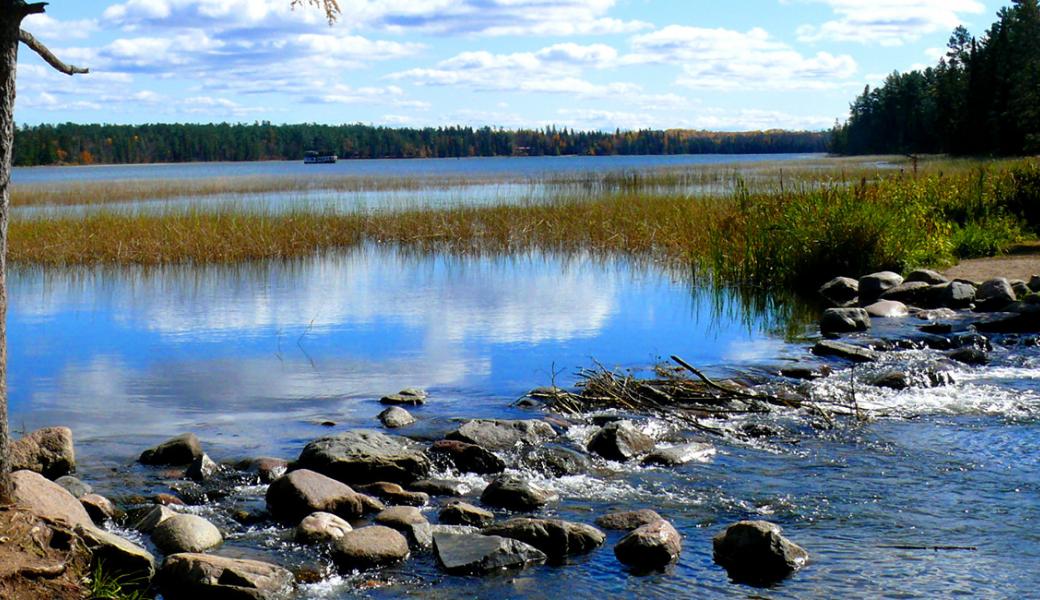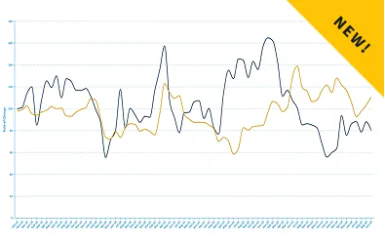Benefits Of Having An OREC Office In Your State – Part Three

RV Industry Association's Legislative Analyst Ashley Brinkman recently presented to the Minnesota Outdoor Recreation Task Force on the RV industry’s efforts to establish Offices of Outdoor Recreation (OREC) in states across the country and the multitude of benefits to having these offices in each state – primarily on four key areas.
Over the past week, Brinkman elaborated on the first two benefits: information sharing, collaboration, facilitation, and relationship building and actively promoting accessibility to the outdoors. This week, we continue our four-part series with a detailed explanation on technical assistance.
TECHNICAL ASSISTANCE
OREC Directors have proven to be extremely helpful in navigating very technical processes that states need to complete. For example, every state must prepare a State Comprehensive Outdoor Recreation Plan (SCORP) at least every five years to be eligible for funding from the Land and Water Conservation Fund (LWCF). The SCORP process can be quite arduous; it is a continuous planning process that takes a lot of time and resources.
Having dedicated help with raising funds, coordinating priorities, and drafting a state’s SCORP is going to be even more important in coming years because of the recent successful passage of the federal Great American Outdoors Act. States will see a significant increase in funding availability and will need to plan for what projects they want to prioritize and refocus on how to match those federal dollars – for the stateside monies from LWCF, 50 percent of the funds come from the federal government and 50 percent must come from state, local, or private funding.
Some states already struggle with securing these matching funds, and this is where relationship building and tapping into those outdoor recreation private partnerships really comes into play. If the SCORP process for a state is time consuming and expensive now, imagine the process now with a 30 percent or more increase in available federal funds. The need for someone like an OREC Director to coordinate this massive effort and maximize those public-private partnerships is clear. The LWCF Coalition has recently shared that states with an OREC Director perform better in the LWCF application process than a state without an OREC office.
A success story from Montana’s last SCORP was the creation of their Office of Outdoor Recreation. Since instituting this office there has been more connection between outdoor recreation organizations, including partnerships between private, public, and non-profit entities to help solve critical planning and management challenges. To continue the momentum of their OREC office, their new 2020-2024 SCORP has recommended additional funding and staffing to continue support for the outdoor recreation economy in Montana.
Please Sign in to View
Log in to view member-only content.
If you believe you are receiving this message in error contact us at memberservices@rvia.org.

